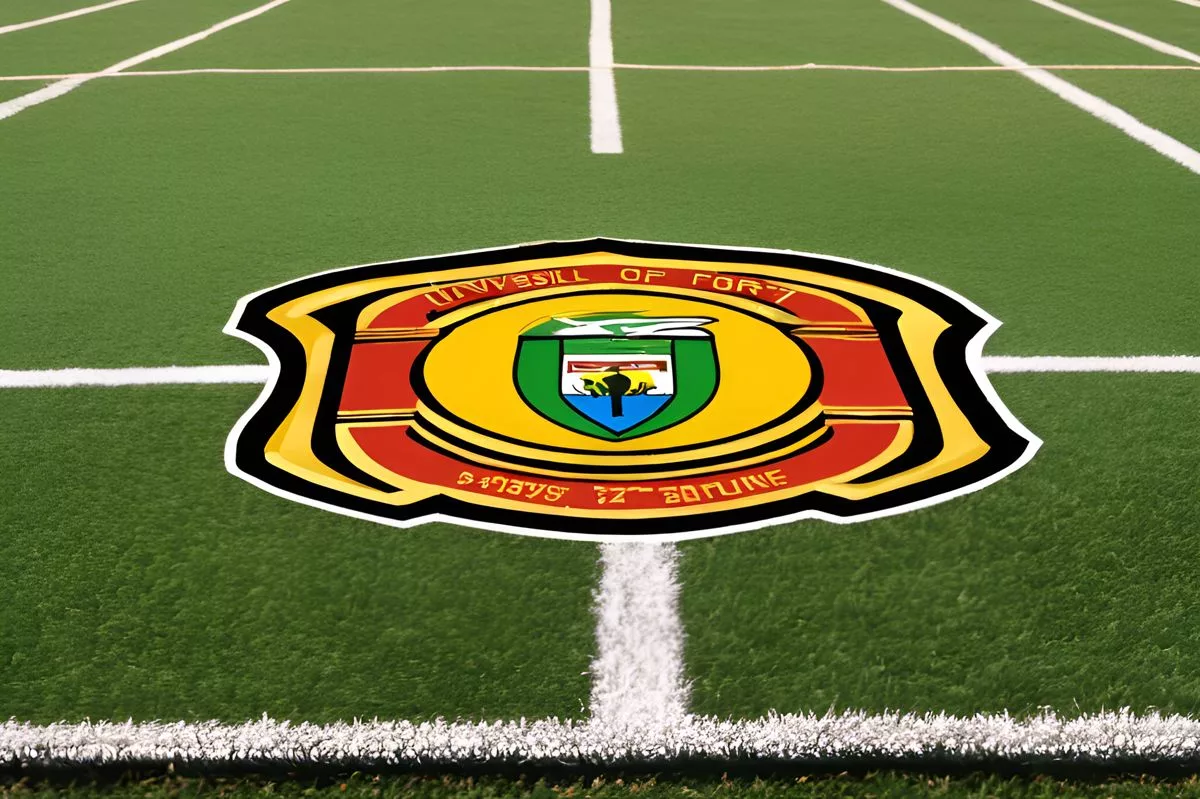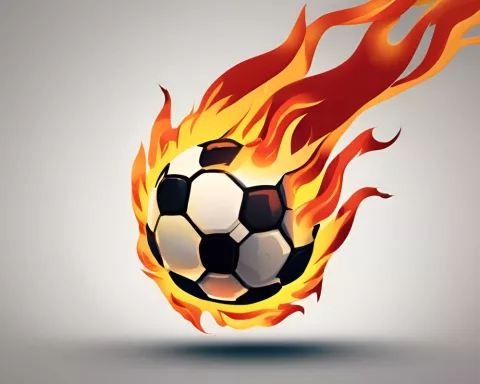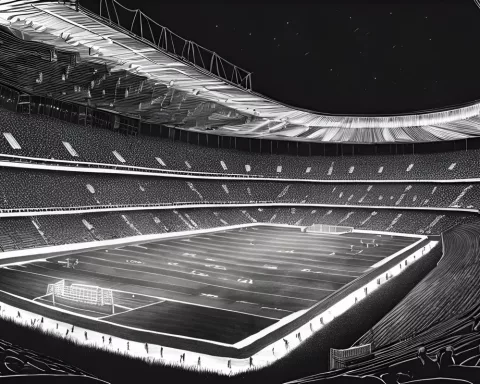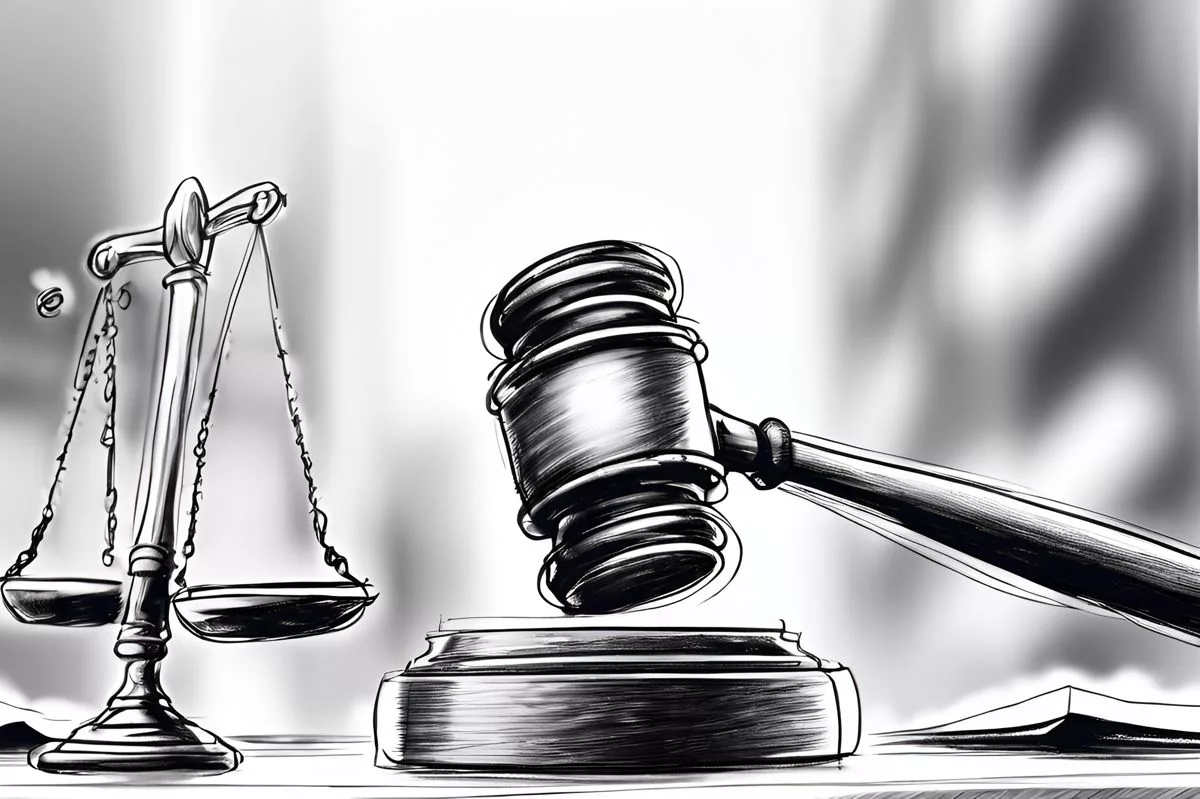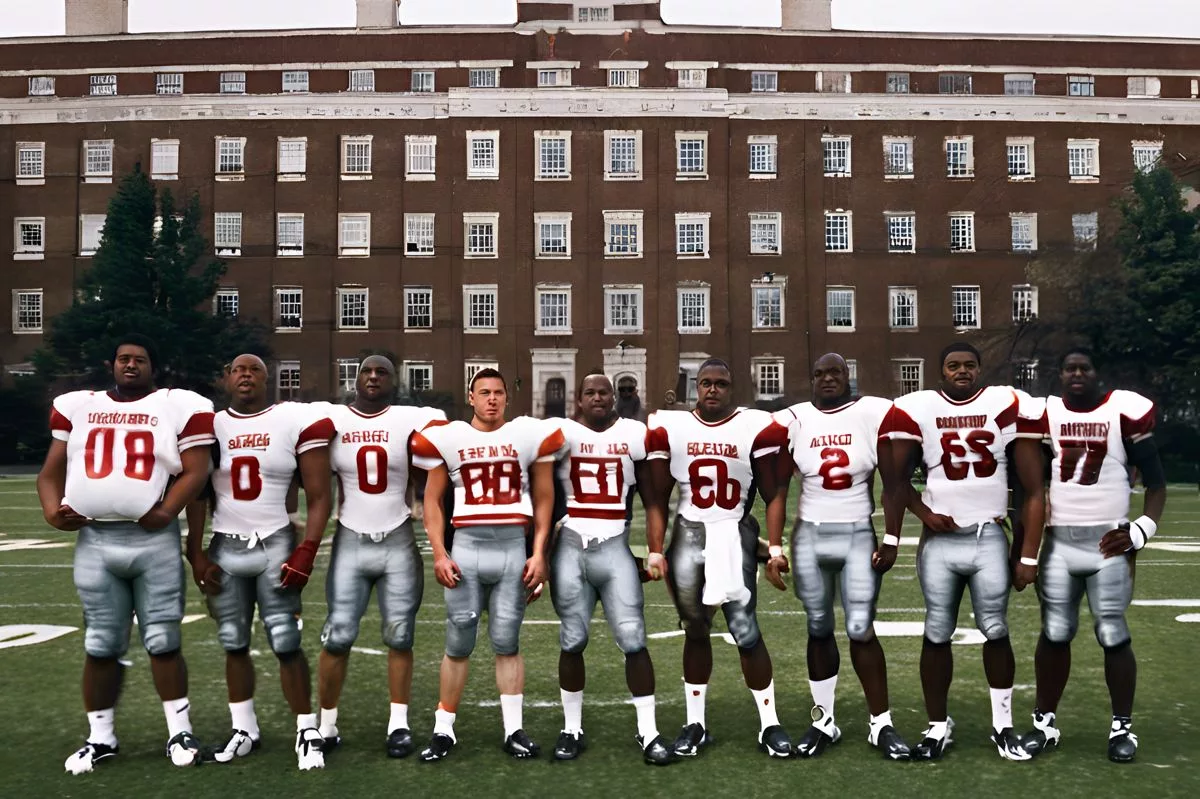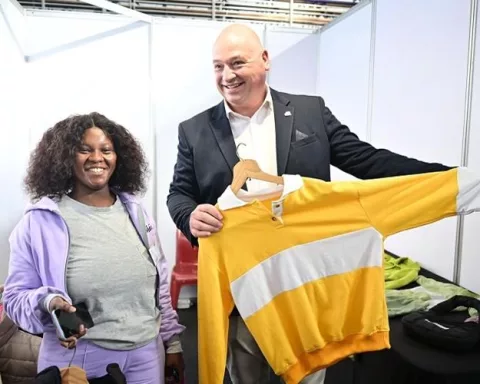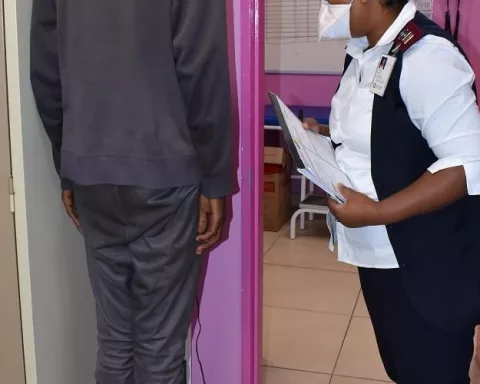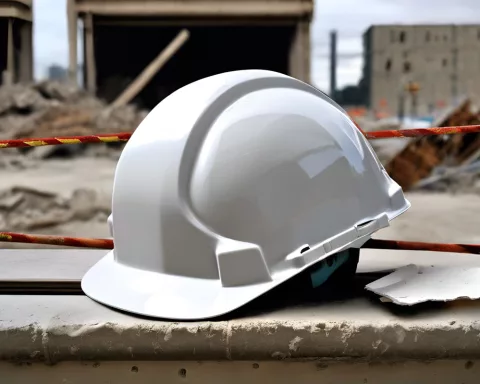The University of Fort Hare is aiming to become a top-tier football university by 2025. The university has a rich history of producing great leaders, and now the football team is determined to make their mark. The fusion of academic and athletic excellence is evident in the university’s students, who excel in both areas. Football has the power to bring people together, and initiatives like the Erasmus+ program promote cross-continental camaraderie. The university’s commitment to education and sport is unwavering, and they are poised to achieve success both on and off the field.
The University of Fort Hare, known for producing renowned leaders like Nelson Mandela and Desmond Tutu, is setting its sights on becoming an elite status in football by 2025. The university’s goalkeeper, Nkosiyethu Ngobe, believes that the men’s team is on the verge of making a quantum leap to the pinnacle of tertiary football.
A Legacy of Greatness
The University of Fort Hare has a rich history that spans over a century. The institution has produced distinguished leaders who have shaped the trajectory of South Africa. The university is currently undergoing refurbishments to maintain its splendor, and Ngobe exemplifies the grit and resolve that courses through the veins of Fort Hare’s academic and athletic community.
The Fusion of Scholarly Prowess and Athletic Ambition
Two Fort Hare students recently distinguished themselves among the top 10 contenders in the esteemed 52nd Nedbank & Old Mutual budget speech competition. The fusion of scholarly prowess and athletic ambition is tangible within the historic campus.
Football’s Unifying Power
Football has the power to unite people across continents, and Fort Hare’s football aspirations reflect a broader narrative about the unifying power of sport. South African players have contributed greatly to the evolution of the sport within the European leagues, forging cultural exchanges between South Africa and Europe.
Collaborations Between Education and Sports
Initiatives like the Erasmus+ program foster academic and athletic exchanges, promoting cross-continental camaraderie. This spirit of fellowship is mirrored in places like Cyprus, where despite the nation’s modest global football influence, the passion for the game is akin to that found in South Africa.
The Influence of Fort Hare
The influence of Fort Hare extends beyond academia. Alumni express their gratitude for the life-altering experiences gained at the university. With a foundation rooted in liberation and empowerment, Fort Hare continues its mission to inspire new generations, promoting excellence in academics and athletics alike.
The Future of Fort Hare’s Football Aspirations
With a goalkeeper of Ngobe’s caliber leading the charge, there is growing confidence that the football aspirations of Fort Hare University will soon materialize. As residents of Cape Town and visitors keenly watch the unfolding story of Fort Hare, the university’s commitment to fostering growth through education and sport remains steadfast. In doing so, they will further elevate the prestige of this historic institution in both academic and athletic fronts.
1. What is the University of Fort Hare’s football vision?
The University of Fort Hare aims to become a top-tier football university by 2025.
2. What is the legacy of the University of Fort Hare?
The University of Fort Hare has a rich history of producing distinguished leaders who have shaped the trajectory of South Africa.
3. How is the fusion of scholarly prowess and athletic ambition evident at the University of Fort Hare?
Two Fort Hare students recently distinguished themselves among the top 10 contenders in the esteemed 52nd Nedbank & Old Mutual budget speech competition.
4. How does football have the power to unite people?
Football has the power to bring people together across continents and can promote cross-continental camaraderie.
5. How does the University of Fort Hare foster collaborations between education and sports?
Initiatives like the Erasmus+ program promote academic and athletic exchanges, which foster cross-continental camaraderie.

